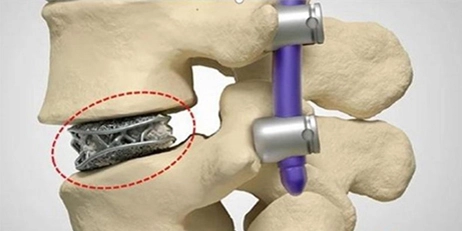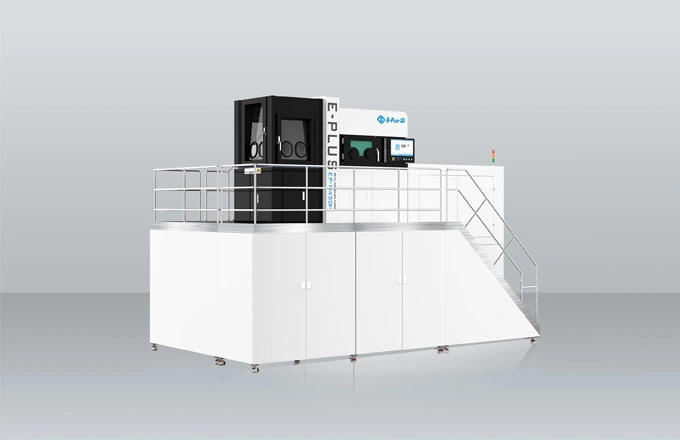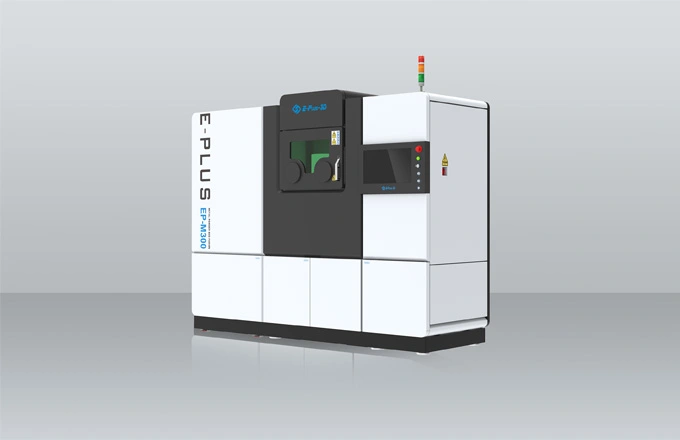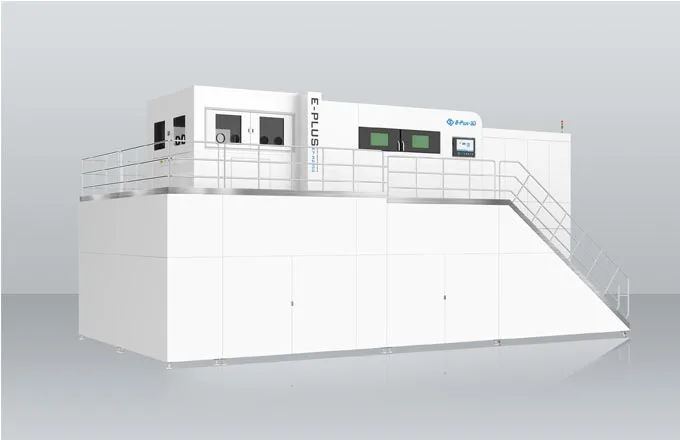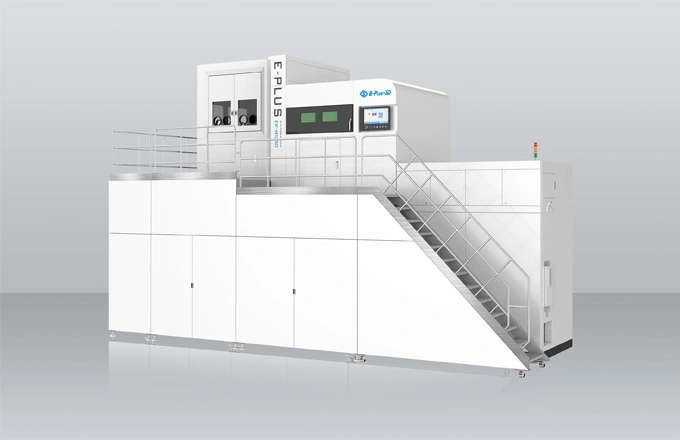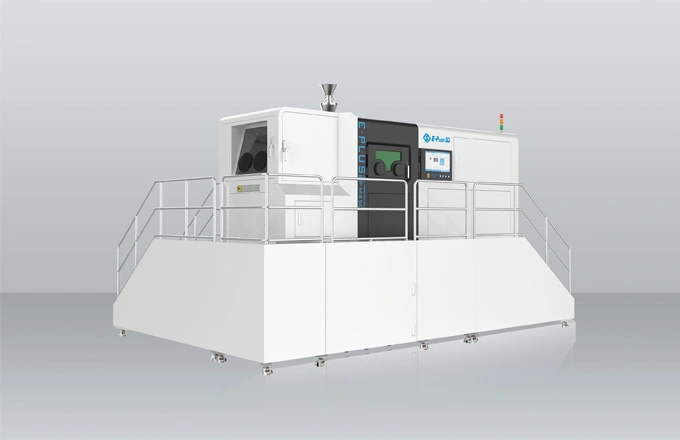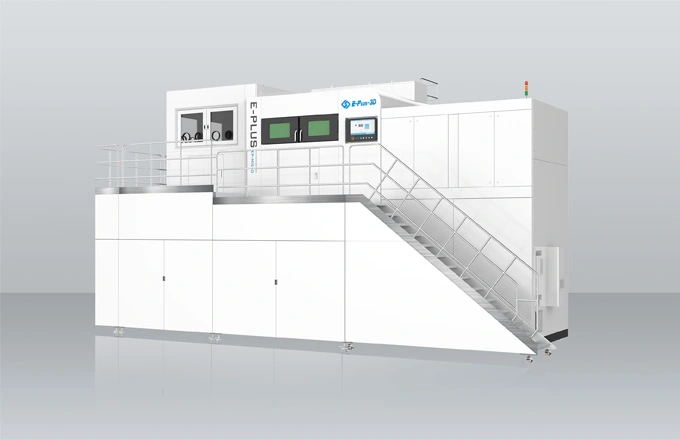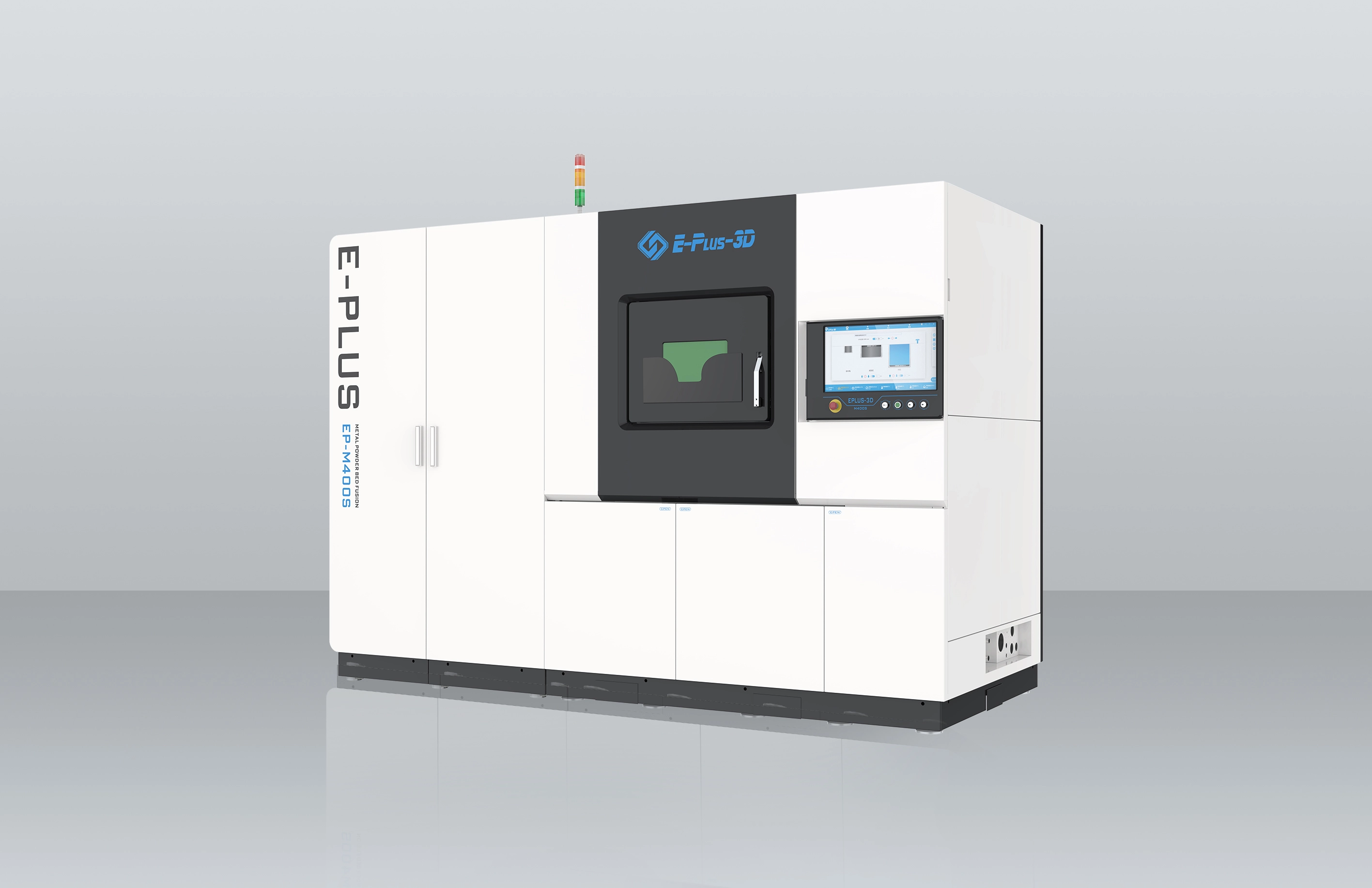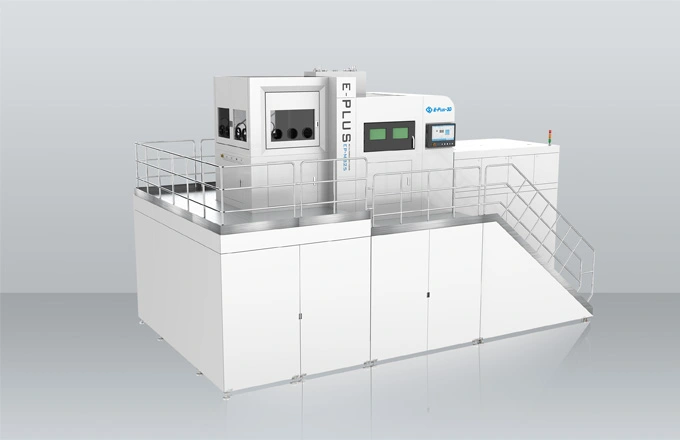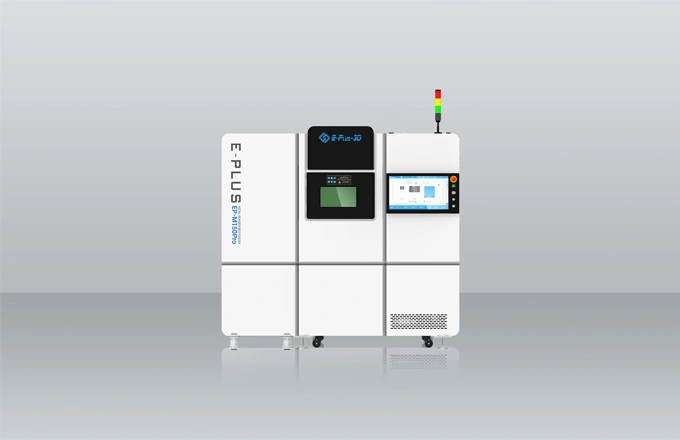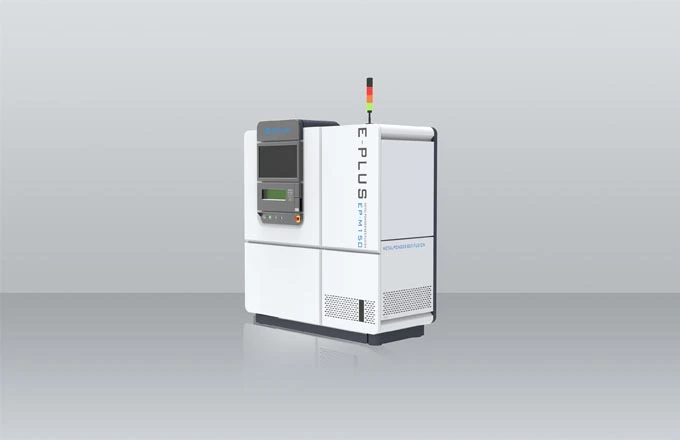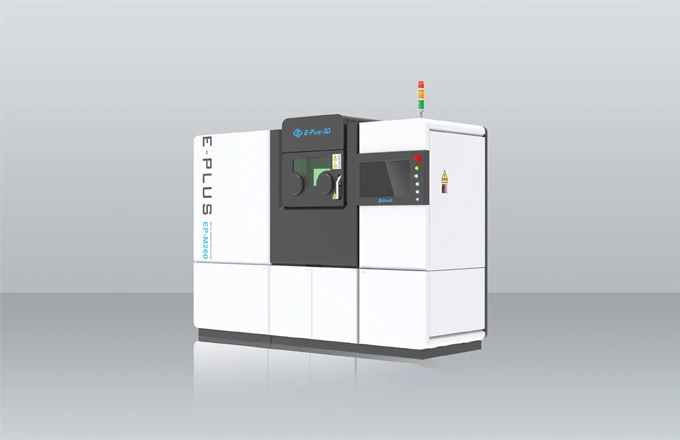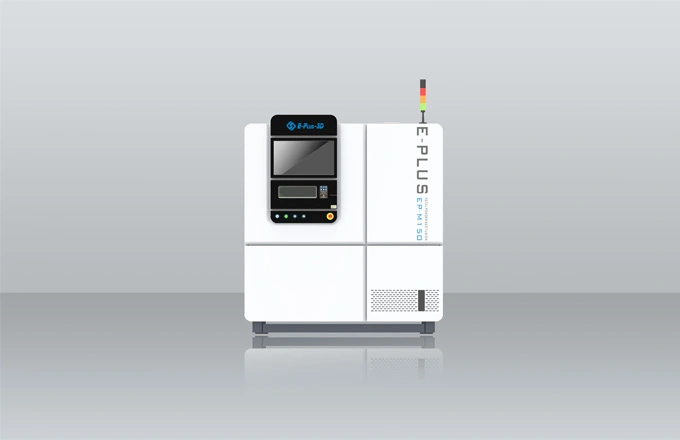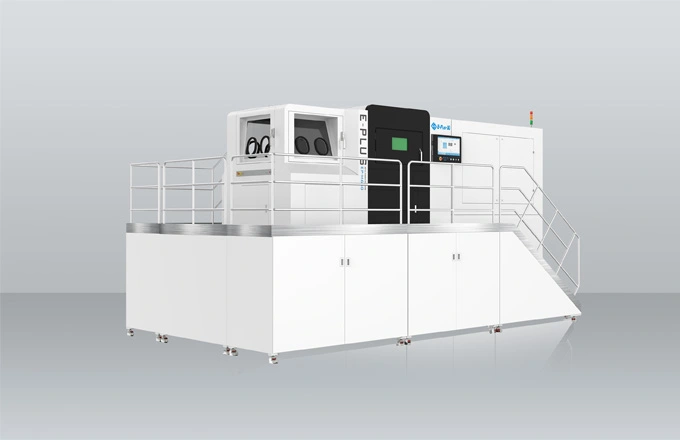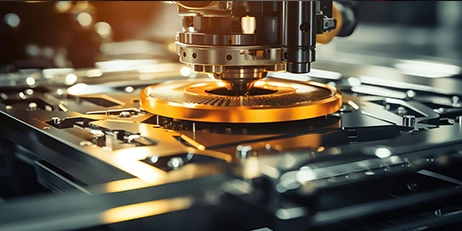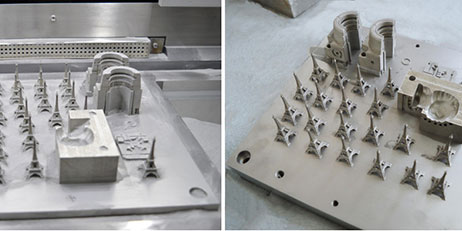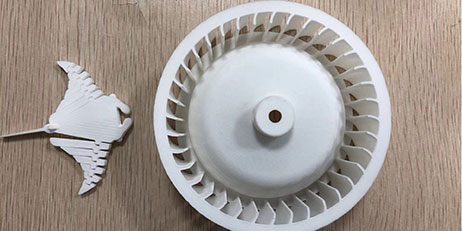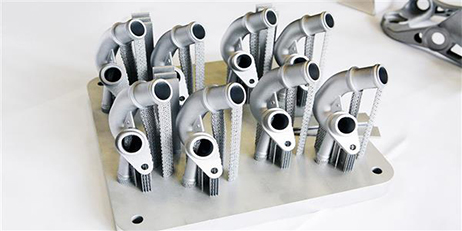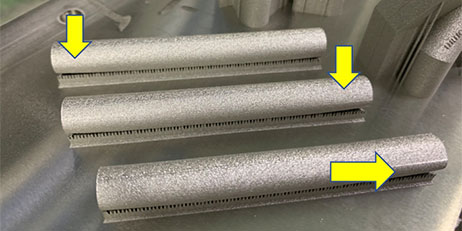Due to the flexibility of individual customization, metal 3D printers are involved in-depth in the healthcare and medical field, which help people overcome the physical inconvenience and thus gain the trust of patients and medical staff with their outstanding and reliable support.
When a person's bones or joints are injured or degenerated but cannot be repaired by their own tissue, a 3D printed prosthesis may be surgically inserted to replace the bone or joint. These implants are used as orthopedic prosthetic devices, and most patients report that once their bodies adjust to the implants, they get used to it.
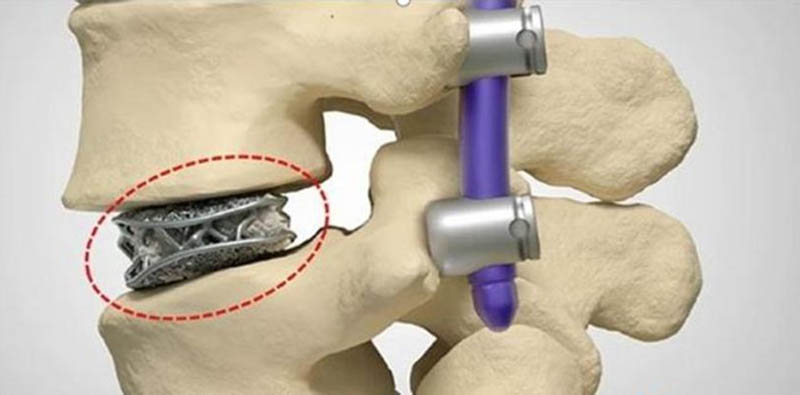
In most cases, 3D printing prosthetic implants are attached to healthy bone and tissue to reduce a patient's pain and improve their stability and range of motion. Unhealthy tissue is surgically removed and replaced with a prosthetic implant designed to work in the same way.
The metals most commonly used in prosthetics are stainless steel, cobalt chrome and titanium alloys.
Stainless steel is more commonly used to replace naturally degraded or traumatized structures. For example, to replace bone tissue worn due to osteoporosis. Stainless steel is more popular because it has excellent corrosion resistance, and even when it comes into contact with natural fluids in the body, it will not cause high risk of infection.
Another mainstream material is cobalt chrome, which has the advantages of non-magnetic, heat-resistant and corrosion-resistant. A particularly strength is its excellent wear resistance, making it an excellent material for knee implants.
Titanium is currently the most dominant material for metal-printed implants, and it has many properties that make it an ideal metal for medical applications, it includes:
Excellent durability: Medical implants made of titanium alloys typically last for 20 years or more in the human body.
Higher strength-to-weight ratio: Titanium is stronger and lighter than stainless steel, which largely explains its widespread use in surgical implants.
Non-ferromagnetic: Since it is non-magnetic, it will not interfere with Magnetic Resonance Imaging (MRI) machines, and patients with titanium implants can still undergo MRIs safely due to this property.
Bio-compatibility: Unlike other metals, medical titanium can maintain continuous contact with living tissue without adversely affecting it. This can further reduce the chance of implant rejection.

Titanium 3D Printed Cochlear Hearing Aids
Earlier, Eplus3D cooperated with a medical professionals team guided by Dr. Wang Chao from Beijing Advanced Innovation Center for Biomedical Engineering of Beihang University decided to help the cat to walk normally again by applying titanium prosthetic limbs. These limbs were printed by Eplus3D metal 3D printer as 3D printing can realize complicated shape and precise deign of internal structure through customization. Meantime, loose structure can insure long-term stability. Together with the biological compatibility of titanium material, 3D-printed prosthetic limbs will be with more proper strength and hardness, which can meet biological skeleton properties and can help cat to recover in a faster way.
Little Cat Walks Again with the Help of Eplus3D Metal 3D Printers.

Watch cat walks again with 3D printing technologies assistance:
https://www.eplus3d.cn/Company-News/article_169
Learn more:
https://www.eplus3d.com/application-story-cat-walks-again-thanks-to-3d-printed-titanium-prosthetic-limbs.html
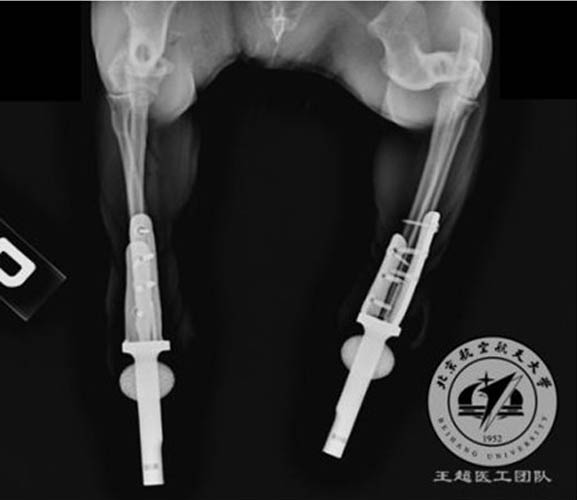
Titanium alloy 3d printing implants
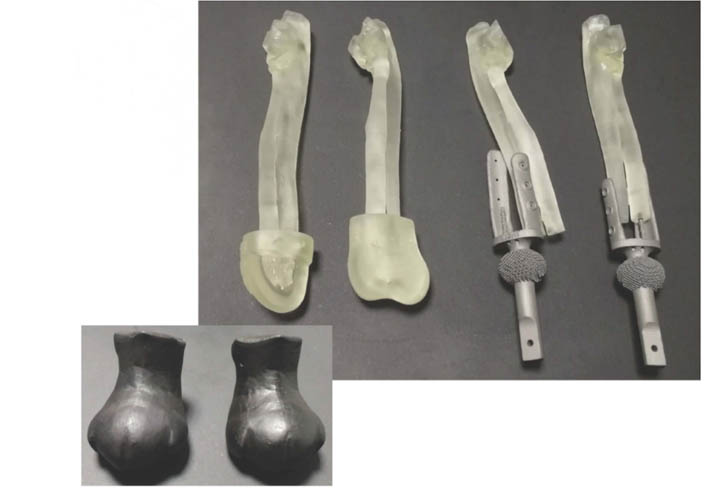
Eplus3D has accumulated more than 30 years of additive manufacturing experience in the industry and is identified with numbers of manufacturers. Besides implants, Eplus3D's metal 3D printers have entered the Aerospace, Automobile, Tooling, Machining, Healthcare, Medical and Consuming industries. For tailored metal 3D printing solutions, contact us for the best support and assistance to improve your production efficiency.
